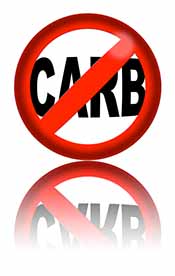
Recently, low carb diets have become popular for losing weight
(See here for more information on low-carb diets).
Perhaps due to this, some people are turning to supplements that act as dietary carbohydrate blockers.
Following endorsements from celebrity doctors such as Dr. Oz, these pills have grown in popularity.
However, is it a good idea to interfere with our natural digestive system?
And do they even work?
This guide takes a look at the evidence.
What Are Carb Blockers?
A carb blocker is a compound that affects the digestive process and causes less absorption of dietary carbohydrate.
Such products work by supposedly interfering with the digestion of carbs to promote weight loss, and their active ingredient is white kidney bean extract (1, 2).
This compound is also known as Phaseolus vulgaris, and it is widely available in health stores and online.
For those who want to lose weight, but are not ready to give up poor quality foods such as pizza, cheeseburgers, and noodles; carb blockers have a big appeal.
What is White Kidney Bean Extract?
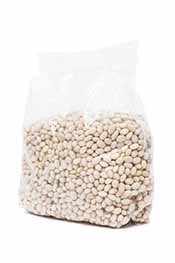
First of all, white kidney bean extract is a type of alpha-amylase inhibitor.
This extract functions as a dietary carbohydrate blocker in the body. The claim is that it can inhibit amylase, which is a digestive enzyme responsible for digesting starch (3, 4).
The compound is extracted from legumes, of which white kidney bean (Phaseolus Vulgaris) is the most significant source.
The marketing of this carb blocker positions it as a natural weight loss aid.
How Do Carb Blockers Work?
Carb blockers are amylase inhibitors.
If we restrict the amylase enzyme, then our body can’t adequately break starch down into glucose.
As a result, our body doesn’t absorb dietary starch, and the food passes through the small intestine undigested–at least in theory.
This process has two results:
- We absorb less energy/calories/carbs from the meal.
- High carbohydrate foods will have a lesser impact on blood sugar levels.
A Carb Blocker Only Inhibits Complex Carbs
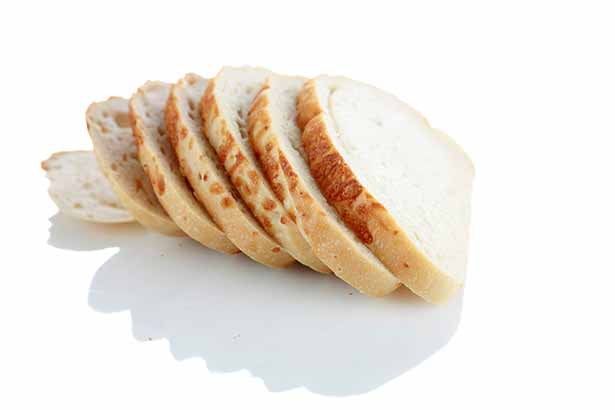
It’s important to realize that this inhibition of carbohydrate is only effective with what are known as ‘complex carbs.’
Complex carbs include grains, legumes, and vegetables, for example:
- Barley
- Green vegetables
- Lentils and legumes
- Oats
- Pasta
- Potatoes and other tubers
- Rye
- Rice
- Wheat
A carb blocker has no effect on simple sugars since they are already broken down and require no amylase for their digestion (5).
Therefore, these products have no impact on naturally occurring sugars that are present in fruit juice and soda. You would have to opt for low carb drinks.
Additionally, they are wholly ineffective against sugars contained within candy, cakes, and snacks.
But… Do They Actually Work For Weight Loss?

Some studies examine how effective white kidney bean extract is, and the results are very mixed.
In particular, a 2011 meta-analysis published in the British Journal of Nutrition closely analyzed six previous randomized controlled trials (RCTs) (6):
The results were inconclusive, and these were some of the findings:
- Supplementing with the extract results in statistically significant reductions in waist circumference in two studies. However, two other studies showed no such association.
- Using the supplement was “generally safe,” although some users experienced gastrointestinal issues and other mild side effects.
- There is potential for “serious long-term adverse effects” from using a carb inhibitor. And the safety profile needs more rigorous research.
- Current evidence is not sufficient to claim that supplementation with white kidney bean extract results in positive weight changes.
Further Studies on Weight Loss

Several other studies look into the science of losing weight with carb blockers.
However, the bulk of the research shows white kidney bean extract to have an underwhelming efficacy.
In contrast, a couple of studies do show some potential positives of using a carb blocker, and they found that:
- Using white kidney bean extract results in significant decreases in body fat while retaining lean body mass (7).
- The compound may be an effective way to reduce the glycemic index of foods without changing their ingredient profile (8).
Sounds great, right?
Just one problem: both of these positive-sounding studies received funding from industry.
Specifically, Pharmachem Laboratories paid for the research–a company who manufacture and sell a carb blocker named ‘Phase 2’ (9).
In other words: take these results with a pinch of salt.
Personally, I would assert that the advantages of a well-implemented low-carb diet are more significant.
Blood Sugar and Weight Loss Controversy
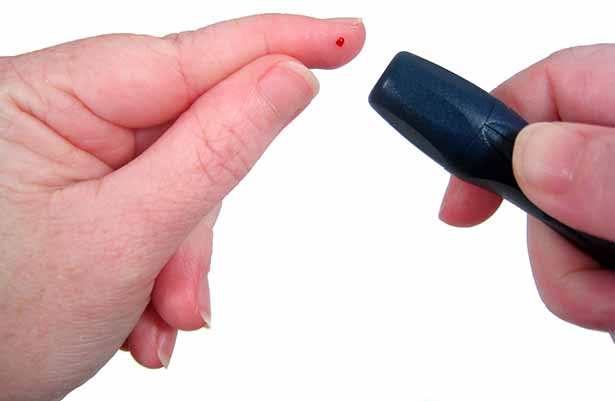
In February of 2016, a Belgian producer of a carb blocker based on white kidney bean extract submitted an application to the EU Nutrition and Health Claims Regulation (NCHR).
The company in question was Ectopharm BVBA, who wanted permission to use certain health claims for their ‘Fabenol® Max’ product.
This submission asserted that white kidney bean extract:
- Reduces post-prandial blood glucose responses (lowers blood sugar after eating)
- Helps with long-term maintenance of normal blood glucose regulations
- Decreases the absorption of carbohydrates
- Reduces body fat and overall weight
Significantly, the NHCR rejected the claims and released a statement saying (10):
- “The claims are not sufficiently defined.”
- “A cause and effect relationship cannot be established between the consumption of Fabenol Max and a beneficial psychological effect.“
- And that the applicant did not provide any further information when asked to expand on the carb blocker’s claimed effect.
Do Carb Blockers Have Side Effects?

While white kidney bean extract has ‘generally recognized as safe (GRAS) status‘ with the FDA, it doesn’t mean there are no risks.
Long-term Side Effects
Long-term side effects have not been investigated, so there may or may not be adverse risks over a longer period.
Overall, it’s hard to know what the long-term results of using a supplement to impede carbohydrate digestion might be.
And it’s certainly not natural to mess with our digestion in this way.
Short-term Side Effects
As previously mentioned, some studies show that users of starch blockers had digestive symptoms and mild side effects.
Although rare, these may include (11):
- Bloating
- Constipation
- Diarrhoea
- Flatulence
The Best Carb Blocker

In my opinion, the best ‘carb blocker’ is our lips.
And by that, I mean that if you don’t want to digest carbs, then it might be better to avoid eating them in the first place.
I’m not convinced that starch inhibitors do what they say. And even if they do, why would anyone take a pill that turns their food into little more than indigestible waste?
If the food you eat is that worthless, then it’s something you probably shouldn’t be eating in the first place.
Weight Loss Depends on Lifestyle – Not Pills and Potions
It’s worth remembering that far too many people are continuously chasing instant weight loss through ever-changing diets.
But in truth, the only real way to lose weight and sustain that weight loss is to change your overall lifestyle.
Here are some ways you can do that.
Nutrition

Forget starvation diets and eating food that tastes like paper. If you don’t enjoy the food you’re eating, then the diet won’t be sustainable.
Choose a way of eating that works for you–one that fits your character and which you can stick to.
For me, I’m a big fan of low carb diets, and so I eat lots of nutritious whole foods like meat, nuts, avocados, fish, veggies, and so on.
I don’t count calories; I just eat what I want until I’m satisfied because the dietary system works and leaves people satiated.
Likewise, many different dietary systems can work. The real key is to avoid the standard Western diet that’s full of highly processed carbs and industrial fats.
Sleep
Getting enough sleep every night helps your body recover, and it also has a significant impact on your metabolism.
For example, if you don’t get enough sleep then your body’s ability to manage blood glucose levels decreases (12, 13).
Also, cravings for junk food are not uncommon when you’re only operating on a few hours of sleep (14).
Aim for at least 7 hours per night.
Exercise

The first thing to remember is that nutrition largely determines body composition — not exercise.
As the saying goes — you can’t outrun a bad diet. Unfortunately, that’s precisely what many people try to do.
So, the first thing to do is make sure your dietary choices are in order. If this is the case, then exercise will significantly boost your results.
You don’t need to go running for hours and hours every week, and you should consider doing resistance training as it has so many benefits.
Just a few of these benefits include (15):
- Increased insulin sensitivity
- Improved muscle glucose uptake
- Gains in lean body mass
- Better metabolism (i.e. higher rate of fat burning)
- Reduced risk of type 2 diabetes and metabolic syndrome
Just 30 minutes a few times per week is perfectly adequate for the average person and provides tons of positives.
Final Thoughts
If you really want to use a carb blocker, then there are plenty of options (disclosure: affiliate link).
But I wouldn’t bother: the supportive science is weak, the long-term effects are unknown, and even if they do work, they hide the symptoms of a poor diet.
In short: if you’re considering using a carb blocker, then nutrition and overall lifestyle should be the priority.
And if your diet, nutrition, and sleep are all in place, then you probably won’t even need one anyway.
Lastly, for a more traditional (dietary) way to reduce carbohydrate intake, see this guide on how to cut carbs.
See this guide to vitamins and minerals on lower-carb diets to ensure sufficient micronutrient intake.

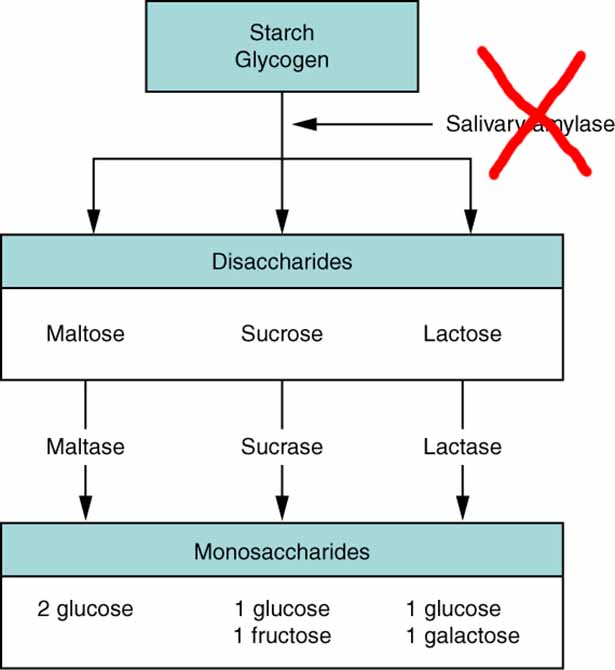

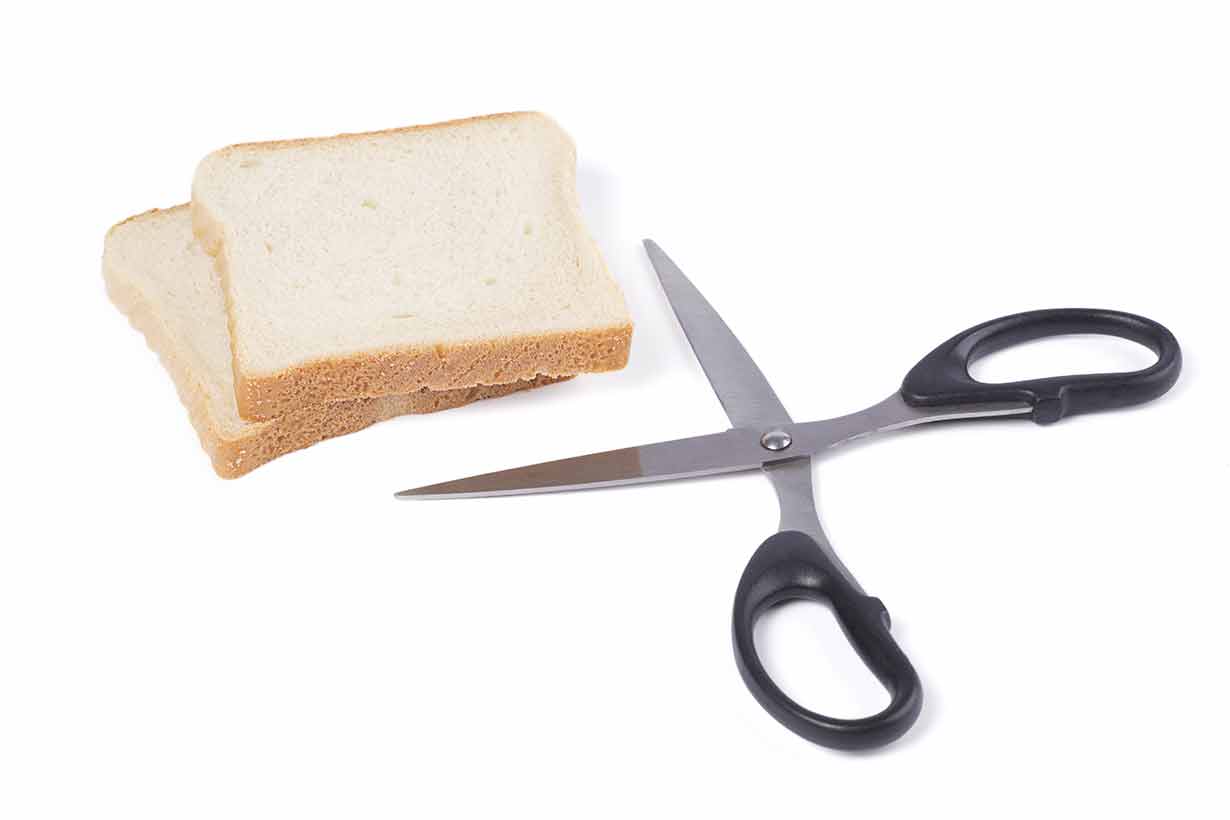
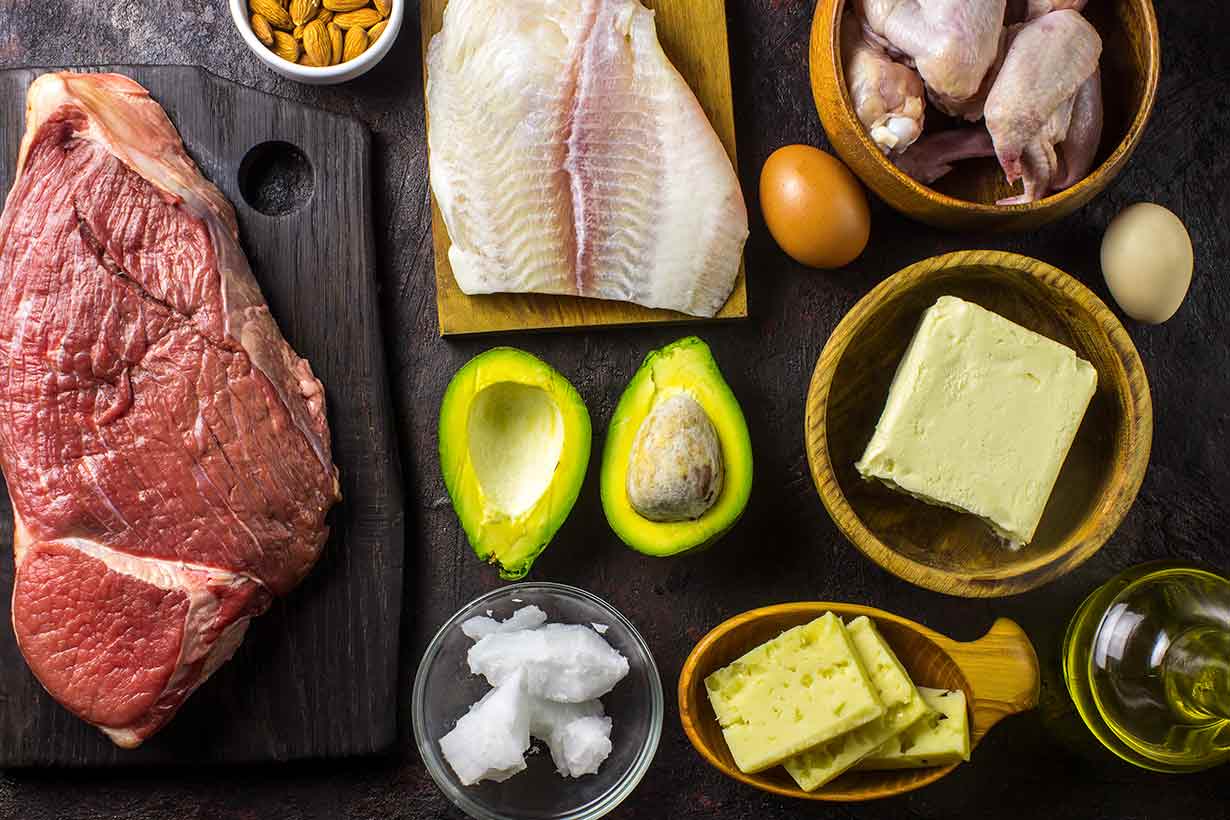

White kidney bean extract has been great for those “cheat” days, when I find myself in a situation where I’m going to eat more carbs than ketosis requires. I’ve eaten pasta, bread, potatoes and tortillas (not all in the same meal, and all in small amounts) and remained in ketosis the next morning, with blood glucose readings in the 80’s, 90’s and low 100’s.
I don’t want to live in a world where street tacos are completely verboten, and this stuff helps a lot!
If it works for you and that’s what you want, then that’s great!
Pasta, bread, potatoes and tortillas in the same meal would be kind of overkill 🙂
This is exactly how I use these supplements too. It’s obviously not a great idea to eat poorly every day. then rely on pills to inhibit absorption… but if you’re on a low-carb diet and use them only before an occasional/rare cheat meal, that would seem like a perfect (and appropriate) application for this type of supplement.
Excellent discription,just reduce carb(enjoy one doughnut a week instead of 7 ! Ha ha !
Yes, I would say cutting down on carbs is a better idea than trying to block their digestion.
Michael, this is an excellent article even as the “experts” don’t agree. I think I’ll quit taking it, until more conclusive info is available.(BTW… Just how long has this product been open to the general populace?) And, please, how may I Share this article from here… I see No option to Share.
I couldn’t find any information on since when it has been available, but it does seem to be the last 10-15 years or so for the new phase 2 versions.
P. S.
I’m seeking a PersonalText or Email Share option. My few personal close friends keep a closed non fb friend connection.
Hi DeAnne, I just added an e-mail share option – hope that it meets what you were looking for!